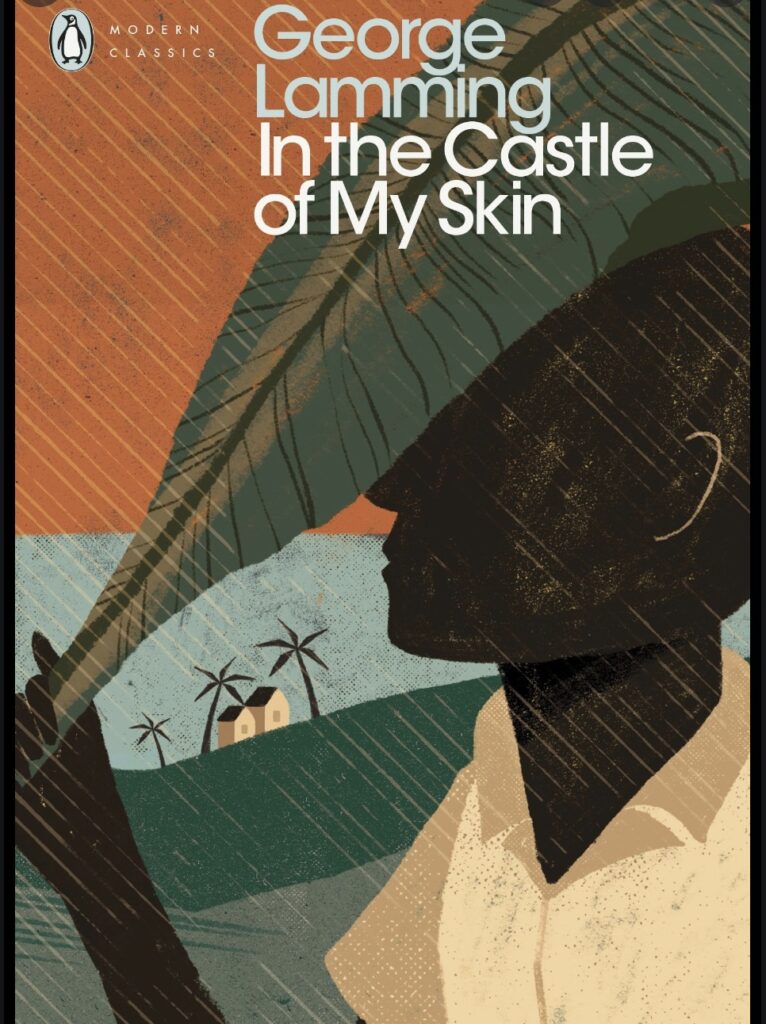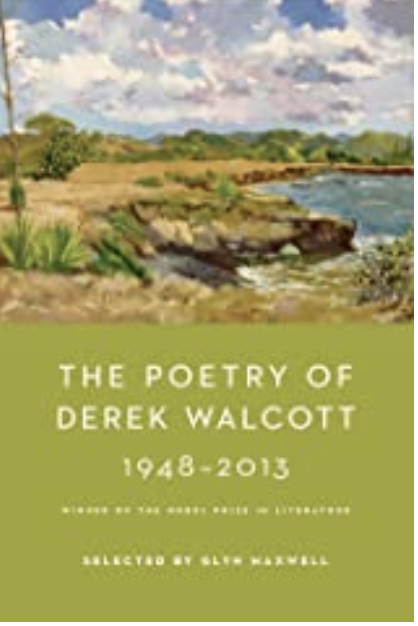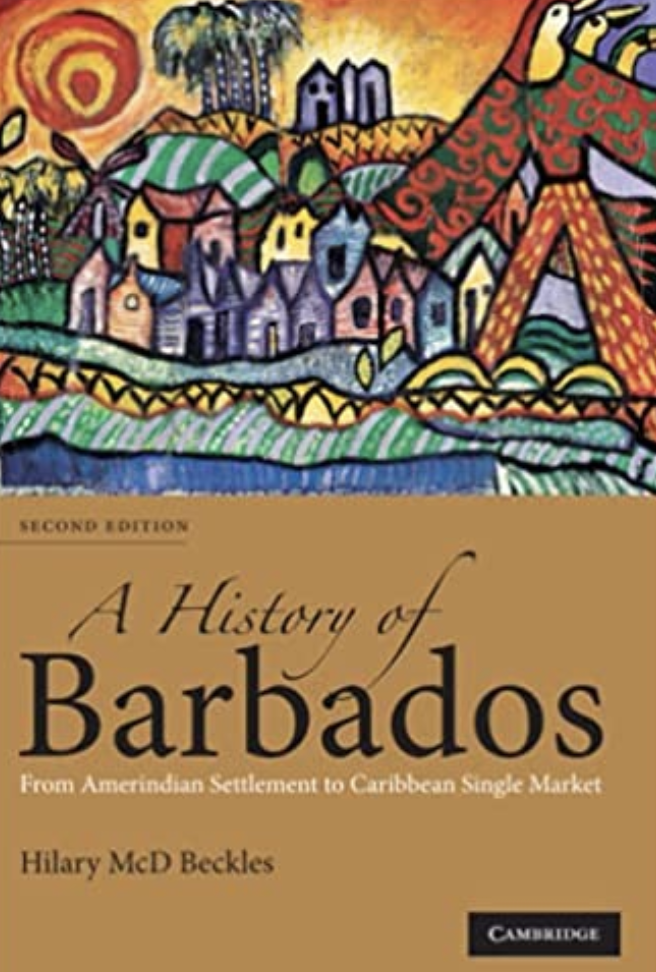
The early travel writers were privileged male colonial authors who could afford to travel and had an education that encouraged exploration. They saw the world through colonial eyes, often minimizing the culture and people they were writing about. Postcolonial writers saw this was ethically wrong and made an effort to be more balanced and sensitive when describing other people, cultures, places, and histories. Yet, for decades following, travel writing was often more of a destination guide than literature. Today Travel literature has progressed to an art form far more than road trips and destination guides.
Travelers today want meaningful, transformative experiences, and travel literature brings new insight, life lessons, and purpose to the fore. It digs into the psychology of place, people and culture. It does not gloss over uncomfortable truths and pays attention to the underbelly of society as it explores its values.

When I decided to write my book about Barbados, I did not want to write a guide or a memoir. I wanted to explore the meaning of being Bajan and showcase the island’s characters, the unsung heroes of tourism. I delved into history to put personality into context, examining its influence on society and culture.
The result is Rogues in Paradise, which will be published this year.
Rogues Reviews & Comparisons
Reviews of the draft have been a delightful surprise. One avid reader found similarities in the flow and rhythm of Roald Dahl and Ruskin Bond. Both write in a clear, straightforward style suited to the children they write about and for.
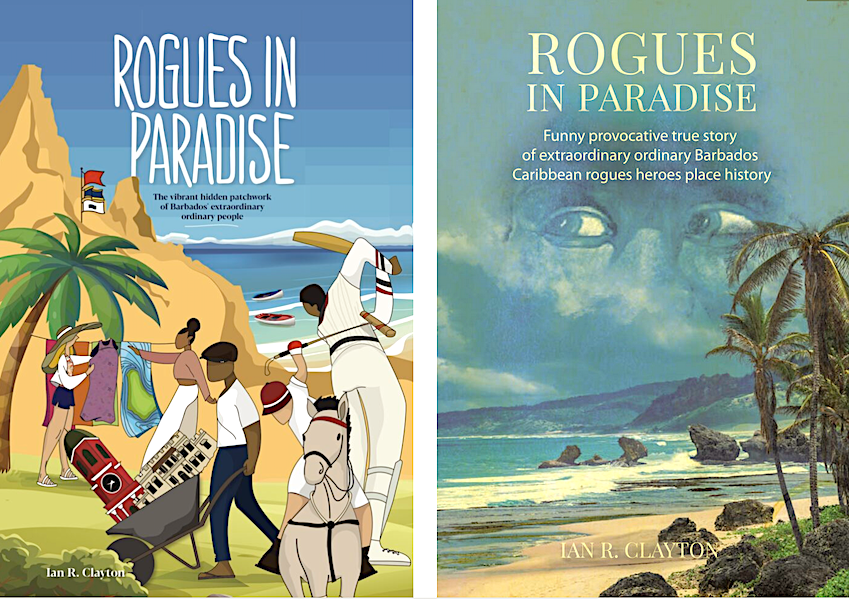
In fact, children love the rogues’ stories but the book gets quite complex when looking at a troubled past. We did have a child-like cartoon sketch which was a prime contender for the cover. The polls picked the more mysterious and adult-looking cover. It is still a work in progress.
Compared to Bill Bryson
Patricia Cogar of CiiCentral compares Rogues in Paradise with Bill Bryson’s writing: That is praise indeed. I love Bryson’s imagery and quirky insight. There is a difference, of course. The significant difference is that Bryson does not write about Barbados, which is a shame as it is an island rich with character. The people are unique and lovable.
Bryson loves taking the mickey out of people and gets away with it because he is observant, insightful, and amusing. His sarcasm is particularly sharp for those well-bred and educated, who he says can often be monumentally cretinous. As he says in the opening to his first book, The Lost Continent, “I come from Des Moines. Somebody had to.” Des Moines, he says, “is a town in Iowa full of leering cherry-faced, half-assed, monumentally cretinous folk.” (i) Probably only Bryson can get away with that kind of ridicule.
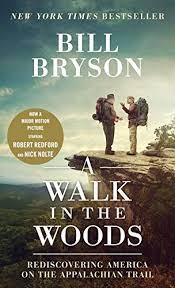
In his book A Walk in the Woods, he ridicules Stephen Katz (ii), his lifelong friend, for lagging behind and ditching essentials to lighten his load. Katz was somewhat out of shape and fell a mile behind on the first day. He threw away pots and heavy provisions like milk and sugar. Bryson was not amused, as he had carefully planned the menu and packed only the essentials for survival. It is just the sort of situation that spurs Bryson’s sarcasm and wit and makes the story amusing and relatable.
His wit is a large part of what has made him one of today’s most successful travel writers. You will not find sarcasm in Rogues. Its characters deserve nothing but the utmost respect; even the worst rogues have a positive side.
It certainly is an honour to be compared to Bill Bryson, and I would be thrilled if Rogues in Paradise had a fraction of the success on any of his books.
Todays Travel Literature
Travel is now a hugely popular activity. We travel to escape, to have fun, and to learn. With a new interest in understanding different cultures, travel literature has evolved to tell a more complex story. It explores the psyche of the people and places visited. In learning about others, we begin to better understand ourselves and our place in the world.
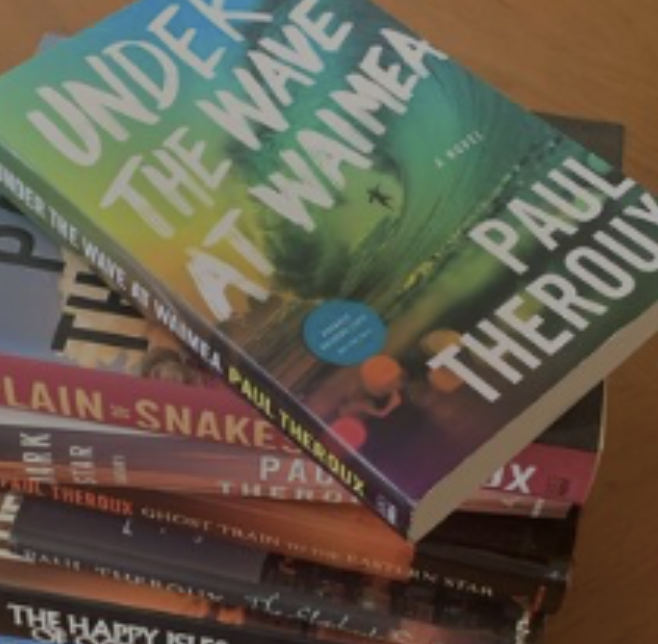
Paul Theroux echoes the sentiment. He says, “the old way of travel writing that I indulged in was a laborious look-at-me way that informs the traveller where to go and why.” It was travel writing where the road was the journey. He saw that there was so much to write about and so many lessons from nature, people, and history. In similar style, Rogues gives life lessons with each character and event.
VS Naipaul adds, “in the old days’ travel writing was essentially done by men describing the routes they were taking.” He explains that he travels to inquire, using his skills of observation and curiosity to create a constructive narrative (iii).
In like manner Rogues in Paradise begins with stories of fun and inspirational people. The constructive narrative was to understand why these lovable and extraordinary ordinary people were who they were and to explain character in the context of history and heritage.
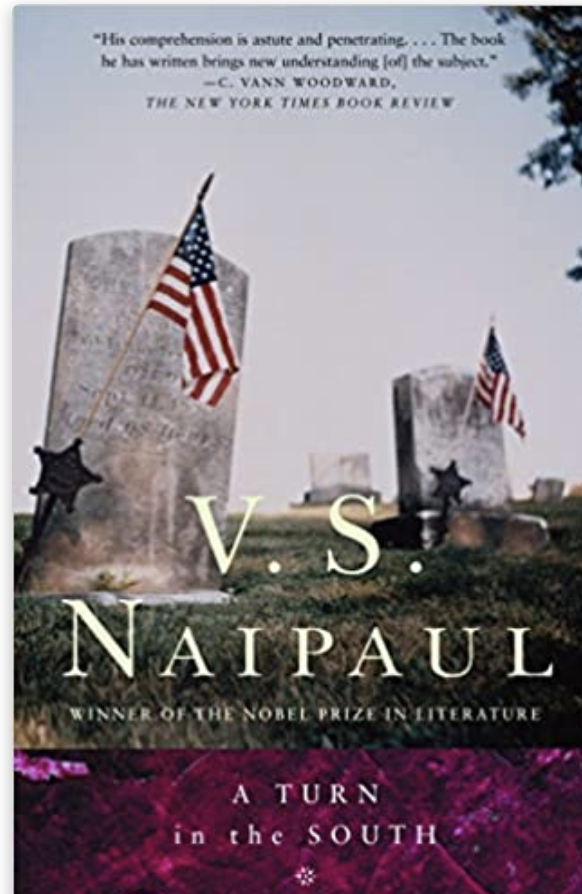
VS Naipaul adds, “in the old days’ travel writing was essentially done by men describing the routes they were taking.” He explains that he travels to make an inquiry, using his skills of observation and curiosity to create a constructive narrative (iii).
In like manner, Rogues in Paradise begins with stories of fun and inspirational people. The constructive narrative was to understand why these lovable and extraordinary ordinary people were who they were and to explain character in the context of history and heritage.
Caribbean Travel Literature
Trinidadian V. S Naipaul takes a uniquely Caribbean perspective wherever he travels.s. Like his contemporaries, Barbados’ George Lamming and St. Lucia’s Derek Walcott, he sees life through a Caribbean lens and compares the familiar and different influences.
In his story of Barbados, In the Castle of My Skin, George Lamming presents the world where he grew up. His writing has the rhythm of a poet. He uses his experience exploring the West Indian soul and the Barbadian identity. In tracing the history and heritage of the Caribbean people, he comes to a better understanding of humanity. I identify with his seeing the bigger picture, referring to his insights on colonialism in the book.
Lamming is the most famous writer to emerge from the island of Barbados. He emigrated to England in 1950 and became a leader in a Caribbean renaissance with other Caribbean exiles like V.S. Naipaul. He is the writer in residence, living part of his time in Barbados Atlantis Hotel in Bathsheba.
–
Derek Walcott is the winner of the Nobel Prize for Literature. He was described by the committee as “a poetic oeuvre of great luminosity, sustained by a historical vision, the outcome of a multicultural commitment.” His writing is full of vigor and imagery. with crisp and powerful descriptions.
I will never forget the first thing of his I ever read. It was a description of the land and hills seen through the porthole of the plane flying over the land. I imagined an abstract in brown, green, gray, red, black, and blue. The palet-smudged colours molding to a three-dimensional mosaic of fields, forests, mountains, rivers, buildings, and roads. The roads and dirt tracks crisscrossed like string tossed across a canvas of oil.
His vivid imagination, poetry, and prose are part of his Caribbean flair and the rich folklores, fables, rituals, and myths he heard about while growing up.
–
Sir Hilary Beckles is not known as a travel writer, but that’s an oversight. He is a scholar and a historian globally recognized for his academic achievements and leadership. He was knighted by the Barbados Government to recognize his distinguished service in education and his dedication to the arts and sport.
He has received numerous honorary doctorates and recently received the Martin Luther King Jr. Peace and Freedom Award.
History is a vital part of the Bajan experience and I have referred to his book A History of Barbados throughout Rogues in Paradise. Sir Hilary Beckles is not known as a travel writer, but that’s an oversight. He is a scholar and a historian. He is globally recognized for his academic achievements and leadership and was knighted by the Government of Barbados.
He has received numerous honorary doctorates and recently received the Martin Luther King Jr. Peace and Freedom Award.
History is a vital part of the Bajan experience. I have referred to Sir Hilary Beckles’s book A History of Barbados throughout Rogues in Paradise.
–
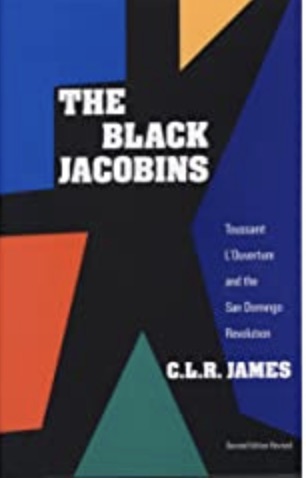
C. L. R. James author of masterworks like the Black Jacobins, Beyond a Boundry, Minty Alley, and an entire library of Caribbean novels based on fact and history. He is one of the most prolific Caribbean authors and a master of Caribbean literature.
Born in Trinidad, Cyril Lionel Robert James (4 January 1901 – 31 May 1989),[1] was a historian, journalist, with a Marxist persuasion. He was a pioneering and influential voice in postcolonial literature.[2] His political works include World Revolution outlining the history of the Communist International, and previously noted the story of Haitian Revolution, The Black Jacobins.
Rogues In Paradise
Grab a Free Sample of Rogues in Paradise
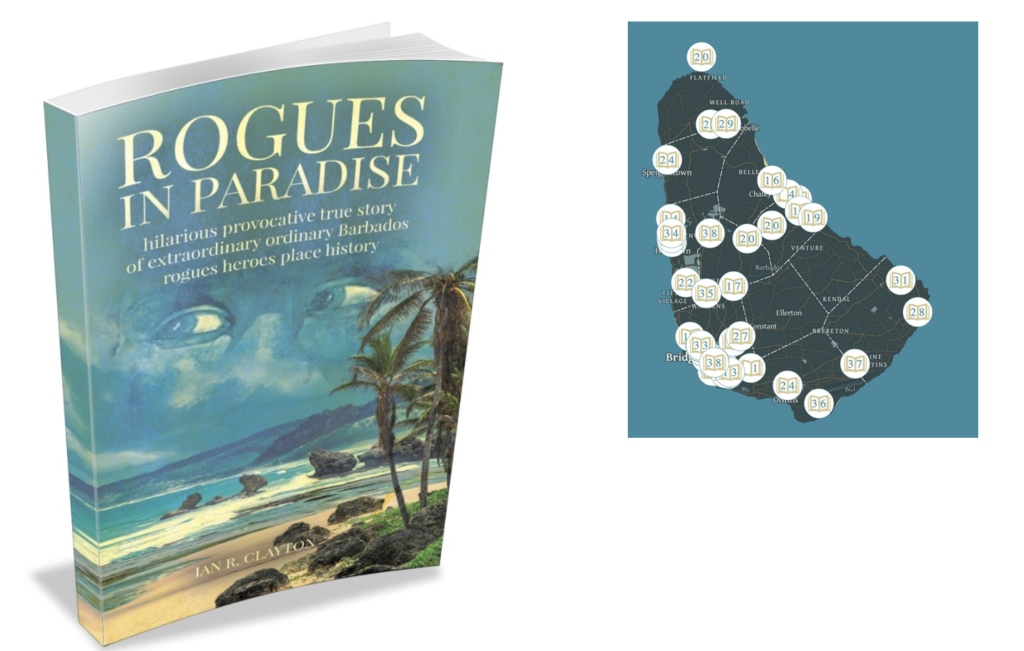
Free Sample of Rogues in Paradise
https://sample.roguesinparadise.com
Summary of Rogues in Paradise Chapters in Interactive Rogues Map
Geocadder Barbados
Related Link
The story of the book Rogues in Paradise
Rogues Tours Of Barbados – Iteractive Map
Absolutely Barbados
Infographic of How the World Reads
– the state of literature today. Did you know that print books outsell digital by 4 to 1
More about how COVID19 affected reading and literature.
Learn who reads what where and why
Notes
I. The Lost Continent, Bill Bryson
ii. Stephen Katz is Matt Angerer in real life.
iii. V.S. Naipaul interview with Ahmed Rashid, “Death of the Novel.” The Observer, Feb. 25, 1996)
Find your ideal Barbados accommodation...






